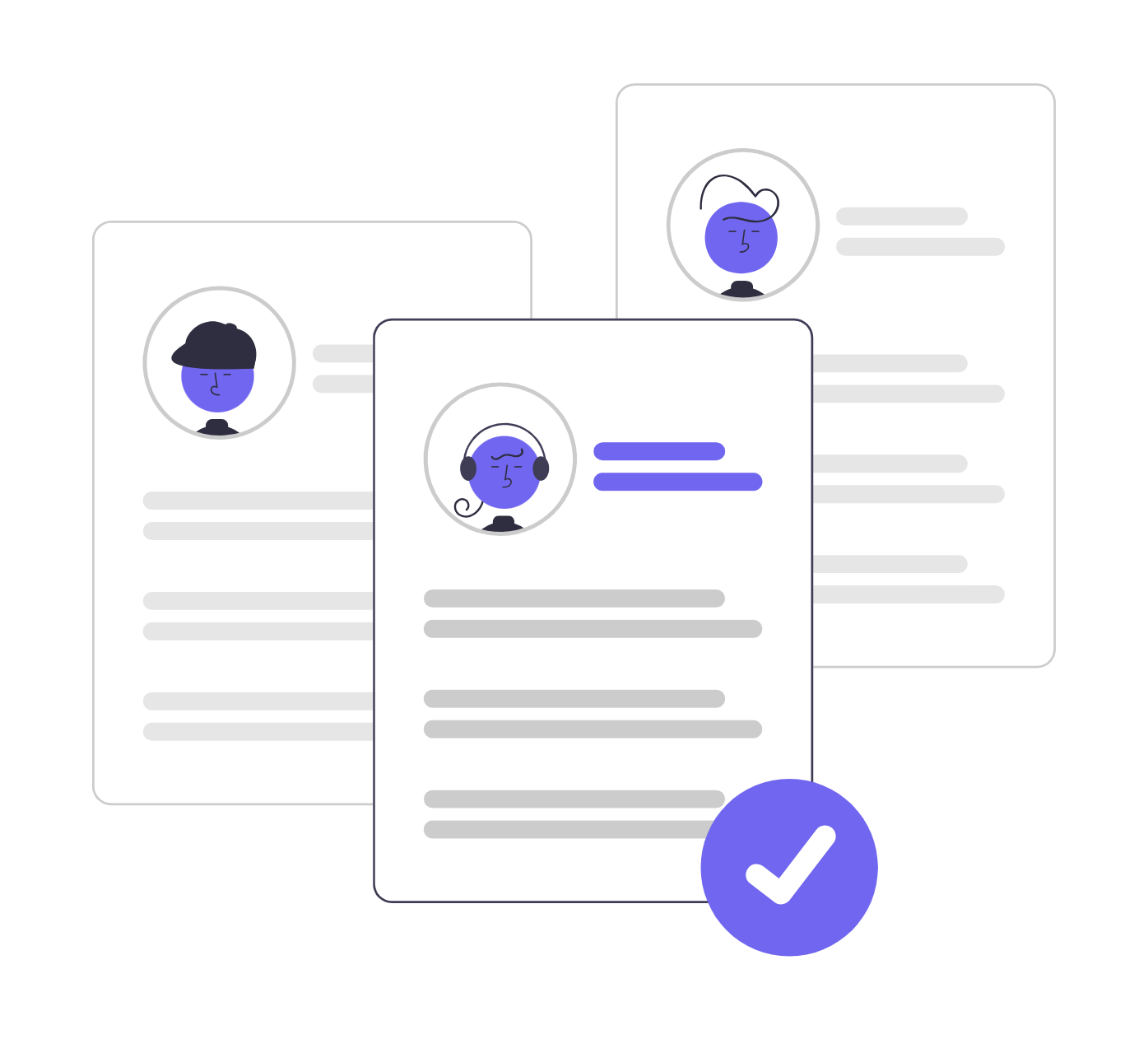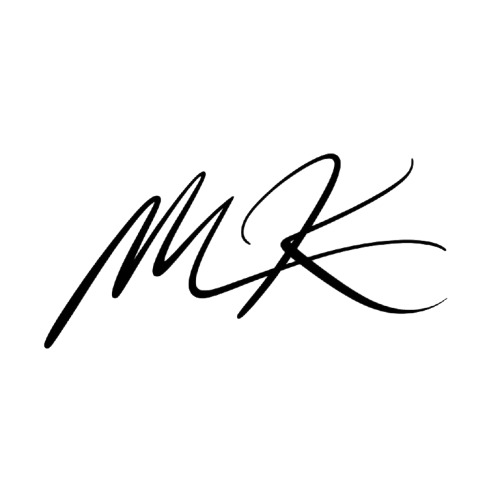Share
In today’s hyper-competitive job market, traditional hiring tactics aren’t always enough. Endless résumé screening, back-and-forth interview coordination, and ghosted candidates have made hiring slower—and more frustrating—than ever before.
Enter the hiring event: a focused, high-impact approach that allows you to meet, assess, and hire candidates in real-time. Whether you’re staffing up quickly or targeting hard-to-fill roles, hiring events can give you the speed and insight that digital applications alone can’t.
This guide breaks down exactly what hiring events are, why they work, and how to run one effectively.
What Is a Hiring Event (And How Is It Different from a Job Fair)?
A hiring event is a recruiting initiative hosted by a single employer (unlike a job fair, which typically features multiple companies). These events are designed to fast-track the hiring process—allowing employers to meet with a select group of candidates, conduct interviews, and even extend job offers on the spot.
What makes hiring events especially valuable is their targeted nature. Instead of passively waiting for applicants to trickle in, hiring events put the employer in the driver’s seat—creating a space to promote your roles, showcase your culture, and evaluate talent live.
The 4 Main Types of Hiring Events (And When to Use Each)
1. In-Person Hiring Events
These are the classic face-to-face recruiting sessions hosted at your office, a rented venue, or even a pop-up booth in a high-traffic area.
Best for: Local roles, frontline jobs, and candidates who benefit from seeing the workplace environment.
Benefits:
- Assess communication style and interpersonal energy
- Offer same-day interviews and decisions
- Showcase company culture and facilities
2. Virtual Hiring Events
Conducted entirely online using digital tools, these events allow you to connect with a broader pool of candidates—ideal in a remote-first world.
Best for: Distributed teams, remote roles, and companies hiring across regions or time zones.
Benefits:
- Cut travel and venue costs
- Attract candidates from anywhere
- Fast and flexible—use video calls, chatrooms, and virtual assessments
3. Hybrid Hiring Events
This model blends in-person and virtual experiences. For example, some candidates might attend in person, while others join via video call.
Best for: Companies with a mix of remote and on-site roles, or those looking to maximize attendance.
Benefits:
- Flexibility for candidates
- Broader reach without sacrificing personal connection
4. Specialized Events: Campus & Industry-Specific
These target particular groups—like college grads or professionals within a specific sector (e.g., tech, healthcare, finance).
Best for: Building future talent pipelines or hiring niche roles with specific qualifications.
Benefits:
- Access to emerging or hard-to-reach talent
- Easier to screen for fit beyond just qualifications
Why Hosting a Hiring Event Works (Better Than You Think)
Hiring events solve multiple recruiting problems at once. Here’s why they’re becoming a go-to tactic for forward-thinking employers:
✅ Faster Hiring Cycles
You can conduct interviews, give assessments, and extend job offers all in one day. This condensed process slashes time-to-hire and reduces the risk of losing candidates to competitors.
Quickly identify your most promising candidates. WorkScreen automatically evaluates, scores, and ranks applicants on a performance-based leaderboard—making it easy to spot top talent, save time, and make smarter, data-driven hiring decisions.

✅ Better Candidate Quality
Meeting candidates face-to-face (or face-to-screen) helps you evaluate soft skills, personality, and culture fit—elements that are often invisible in a résumé.
✅ Stronger Employer Branding
You’re not just assessing talent—you’re also giving candidates a glimpse into your values, leadership, and workplace. This builds brand equity, even among those you don’t hire.
✅ Pre-Built Talent Pipelines
Not every attendee will be hired, but many can be nurtured for future roles. These are warm leads, not cold résumés.
✅ More Control Over Candidate Experience
No algorithmic rejections or inbox black holes. You create a personal, human-centered hiring experience from start to finish.
How to Plan a Successful Hiring Event: Step-by-Step
1. Clarify Your Goals
Ask: What exactly are we trying to achieve?
- Fill 20 open roles fast?
- Identify future team leads?
- Build brand awareness among graduates?
Knowing your “why” shapes every decision going forward.
2. Choose the Right Format
Let your goal guide the format.
- For high-volume, go in-person or hybrid.
- For niche or remote talent, virtual may be better.
- For pipeline building, consider industry-specific or campus events.
3. Craft a Compelling Candidate Experience
Candidates should walk away feeling like they got a real look into who you are—not just what the job pays.
Ideas:
- Host Q&A panels with team members
- Offer workplace tours (in-person or virtual)
- Set up interactive challenges or skill demos
4. Train Your Team to Be Hosts, Not Just Interviewers
Hiring managers and recruiters should be aligned, welcoming, and equipped with rubrics or evaluation forms to ensure consistent decision-making.
5. Follow Up Quickly
Don’t let great candidates slip away due to slow comms.
- Send feedback, offers, or next steps within 48 hours
- Use automation tools for thank-you messages and reminders
- Keep warm leads engaged through nurturing emails or check-ins
Easily administer one-click skill tests with workscreen. This way, you can assess candidates based on real-world ability—not just credentials like résumés and past experience. This helps you hire more confidently and holistically.

Promotion Strategy: How to Get the Right People in the Room
A great event is useless if no one shows up. Here’s how to drive attendance:
Start Early (Ideally 4–6 Weeks Ahead)
- Secure your event date and roles you’ll be hiring for
- Determine your budget for both the event and promotion
Use a Multi-Channel Promotion Mix
Brand Awareness Tactics:
- Billboards, radio, flyers, lawn signs
- Sponsored content and company blog announcements
Direct Response Channels:
- Job boards like Indeed Events or Talroo
- Paid LinkedIn and Facebook ads
- Email outreach and SMS campaigns
Example: Real-World Case Study
A national retail chain ran 8 weekly hiring events using a mix of Indeed Events, Facebook boosts, and radio.
Result:
- 1,510 RSVPs
- 513 attendees
- 282 hires (35 per event on average)
The Role of Technology in Modern Hiring Events
Today, tech isn’t just a convenience—it’s the infrastructure behind successful hiring events.
Key Tools to Use:
- Virtual event platforms (Zoom, Brazen, Hopin)
- Applicant tracking systems (ATS) for managing RSVPs and tracking candidate stages
- AI chatbots to answer FAQs in real-time
- Automated scheduling to streamline interviews
- Post-event analytics for continuous improvement
These tools save hours of admin work and help ensure no candidate falls through the cracks.
Eliminate low-effort applicants—including those who use AI tools to apply, copy-paste answers, or rely on "one-click apply." This way, you focus only on genuine, committed, and high-quality candidates—helping you avoid costly hiring mistakes.

Pitfalls to Avoid When Hosting Hiring Events
- No clear objective = scattered results
- Poor team prep = inconsistent evaluations
- Weak promotion = low attendance
- No follow-up strategy = lost talent and missed ROI
- Treating it like a transactional job fair = forgettable experience
Is a Hiring Event Right for You? (Quick Checklist)
✔️ You’re struggling with time-to-hire
✔️ You need to fill multiple roles fast
✔️ You want to show off your company culture
✔️ You’re building a talent pipeline for future growth
✔️ You’re hiring for roles where soft skills matter
If you checked even two of these—yes, a hiring event might be your best next move.
Final Thoughts: Hiring Events Are More Than a Buzzword
In an age where inboxes are flooded and résumés are templated, hiring events offer something rare: real human connection. Whether you’re hiring entry-level employees at scale or building long-term talent pipelines, these events give you a chance to move fast, make smart decisions, and stand out as a brand.
And that’s the kind of hiring strategy that wins—now and in the future.
FAQ
A: A job fair typically involves multiple companies coming together in one location to connect with a wide pool of job seekers. It’s more about networking and collecting résumés than immediate hiring. A hiring event, on the other hand, is usually organized by a single employer (or a small group of employers) with the goal of interviewing and potentially hiring candidates on the spot. It’s more focused, faster-paced, and outcome-driven.
A: Tuesdays, Wednesdays, and Thursdays tend to yield the best turnout. Avoid Mondays (too hectic) and Fridays (people check out early). Midweek days give candidates enough time to plan and employers enough time to follow up before the weekend.
A: Most hiring events run for 2 to 4 hours. For larger events, a half-day (4–5 hours) works well. The key is to keep it long enough to allow meaningful interactions, but short enough to create urgency and energy.
A: Yes—when planned well, hiring events can significantly speed up the recruitment process by enabling same-day interviews and offers. They’re especially effective for high-volume roles, seasonal hiring, or roles where soft skills matter just as much as experience.
A: Ideally, both recruiters and hiring managers should attend. This allows for real-time evaluations, faster decisions, and a better candidate experience. Including current employees for casual Q&As can also help convey company culture.
A: Yes. Because hiring events often involve multiple interviews or even on-the-spot offers, candidates should treat it like a condensed interview day. They should bring multiple copies of their résumé, dress professionally, and be prepared to answer standard interview questions quickly and clearly.

